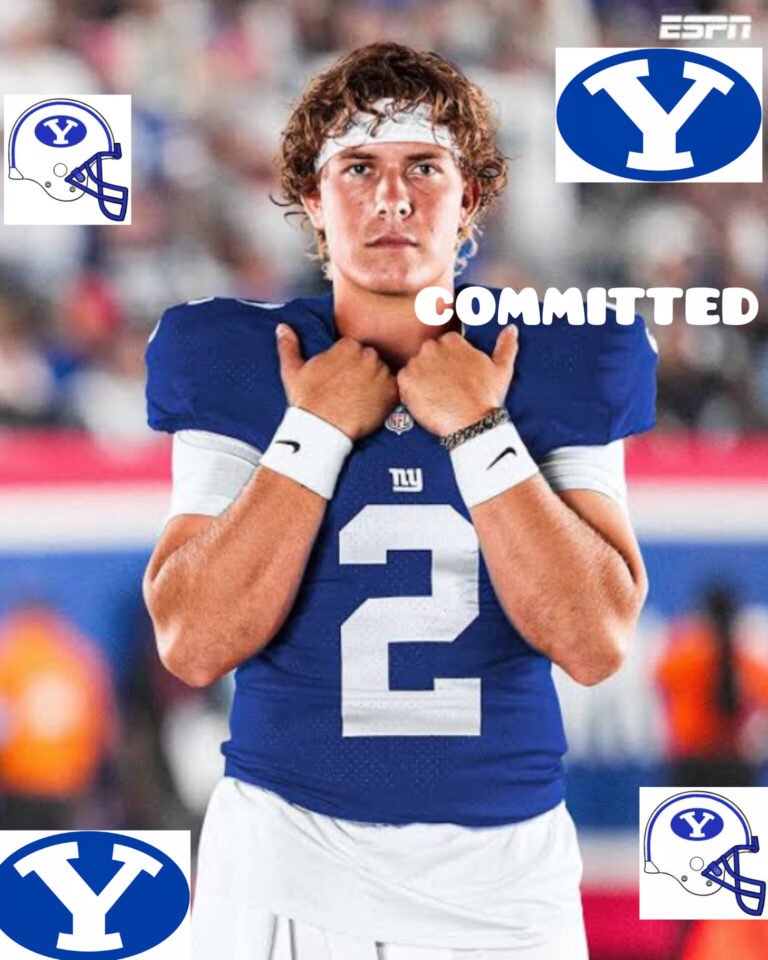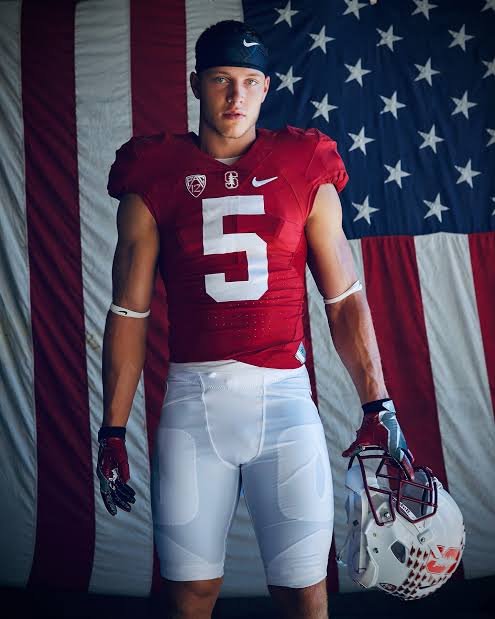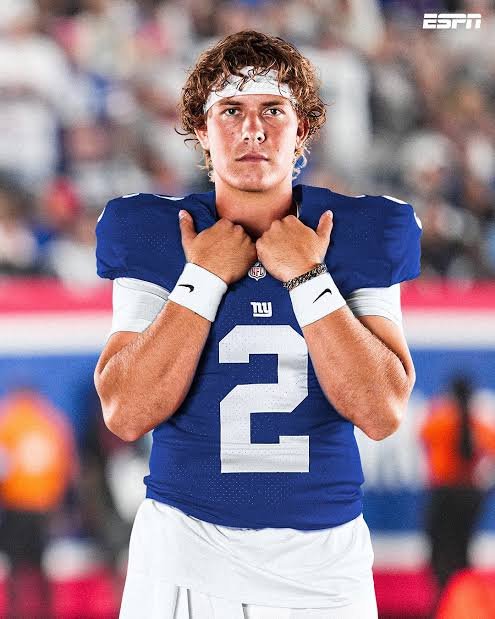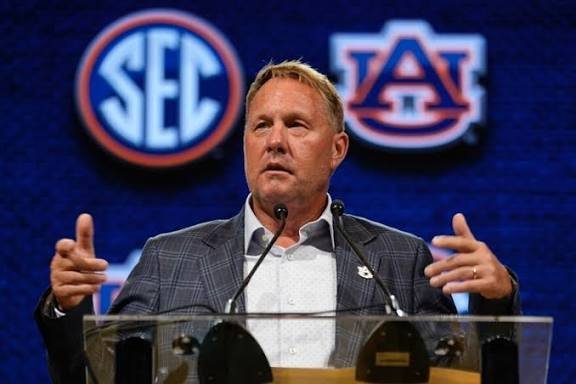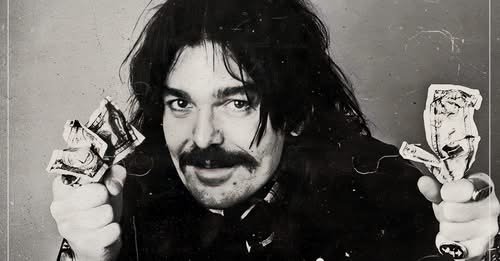
Why Frank Zappa Thought Captain Beefheart Was Weird: The Tale of Two Avant-Garde Legends
When Frank Zappa — himself one of the most eccentric, genre-defying musicians of all time — calls someone weird, you take notice. And when that someone is Captain Beefheart (born Don Van Vliet), the label doesn’t come as an insult — it’s practically a badge of honor.
Zappa and Beefheart shared a deep, complicated friendship that spanned decades, beginning in high school and culminating in some of the most unconventional music ever recorded. But even with all the strange characters Zappa encountered in his life, Captain Beefheart was the one he described as “the only true genius” he ever met — and also, unflinchingly, as “totally weird.”
So what made Captain Beefheart so bizarre in Zappa’s eyes?
The Wild Mind of Captain Beefheart
Beefheart wasn’t your typical rock musician. In fact, calling him a rock musician at all feels inadequate. He was a painter, a poet, a blues howler, and a surrealist trapped in the body of a desert mystic. He rejected commercial success, refused to conform, and saw art as something sacred, primal, and strange.
Frank Zappa, known for his intricate compositions and cerebral satire, was himself a musical iconoclast. But while Zappa’s weirdness was calculated — filled with irony and social commentary — Beefheart’s weirdness was raw and instinctive. He wasn’t trying to be odd. He was odd. He communicated in cryptic phrases, spoke in spontaneous poetry, and had a completely different relationship with reality.
“Don would say things like, ‘I’m not a musician, I’m a magician,’” Zappa once recalled. “And then he’d say, ‘I don’t play music — I let the music play me.’”
The Madness of Trout Mask Replica
The weirdness reached its peak with the 1969 album Trout Mask Replica, which Zappa produced. It’s widely regarded as one of the strangest albums in rock history — a chaotic fusion of free jazz, Delta blues, and dadaist lyrics.
Most people couldn’t make sense of it. And that’s because it wasn’t meant to be understood in any traditional way. Beefheart reportedly dictated parts of the album by singing or whistling individual parts to his band, the Magic Band, and expecting them to play exactly what he heard in his head — even if it defied musical logic. He once locked the band in a house for months of brutal rehearsals, enforcing bizarre discipline while barely sleeping himself.
To Zappa, who prized precision and control in his own recordings, this method was both brilliant and baffling.
“Working with Don was like trying to organize a landslide,” Zappa said. “It had its own direction, and you could only stand back and hope you didn’t get crushed.”
Weird by Nature, Not Performance
Zappa admired Beefheart’s authenticity. In an era of manufactured weirdness, Beefheart was the real deal. He didn’t chase trends. He didn’t care about charts or labels. He cared only about expressing what poured from his imagination — no matter how alien it sounded.
And that’s why Zappa ultimately respected him so deeply. He thought Beefheart was weird because he existed entirely outside the framework — of music, society, or even logic.
“Don didn’t just break the rules,” Zappa said. “He didn’t know they existed.”
The Beautiful Weirdness Lives On
While Zappa went on to build a vast discography mixing satire, orchestration, and political critique, Captain Beefheart retreated into painting in the 1980s, leaving behind a short but wildly influential musical legacy. Today, he’s remembered as a cult figure, a mad visionary, and a true original.
Frank Zappa thought Captain Beefheart was weird — not because he was putting on an act, but because he was one of the few artists who lived entirely in his own universe. And the rest of us were lucky enough to glimpse it.
In the strange world of experimental music, there’s weird — and then there’s Captain Beefheart.
